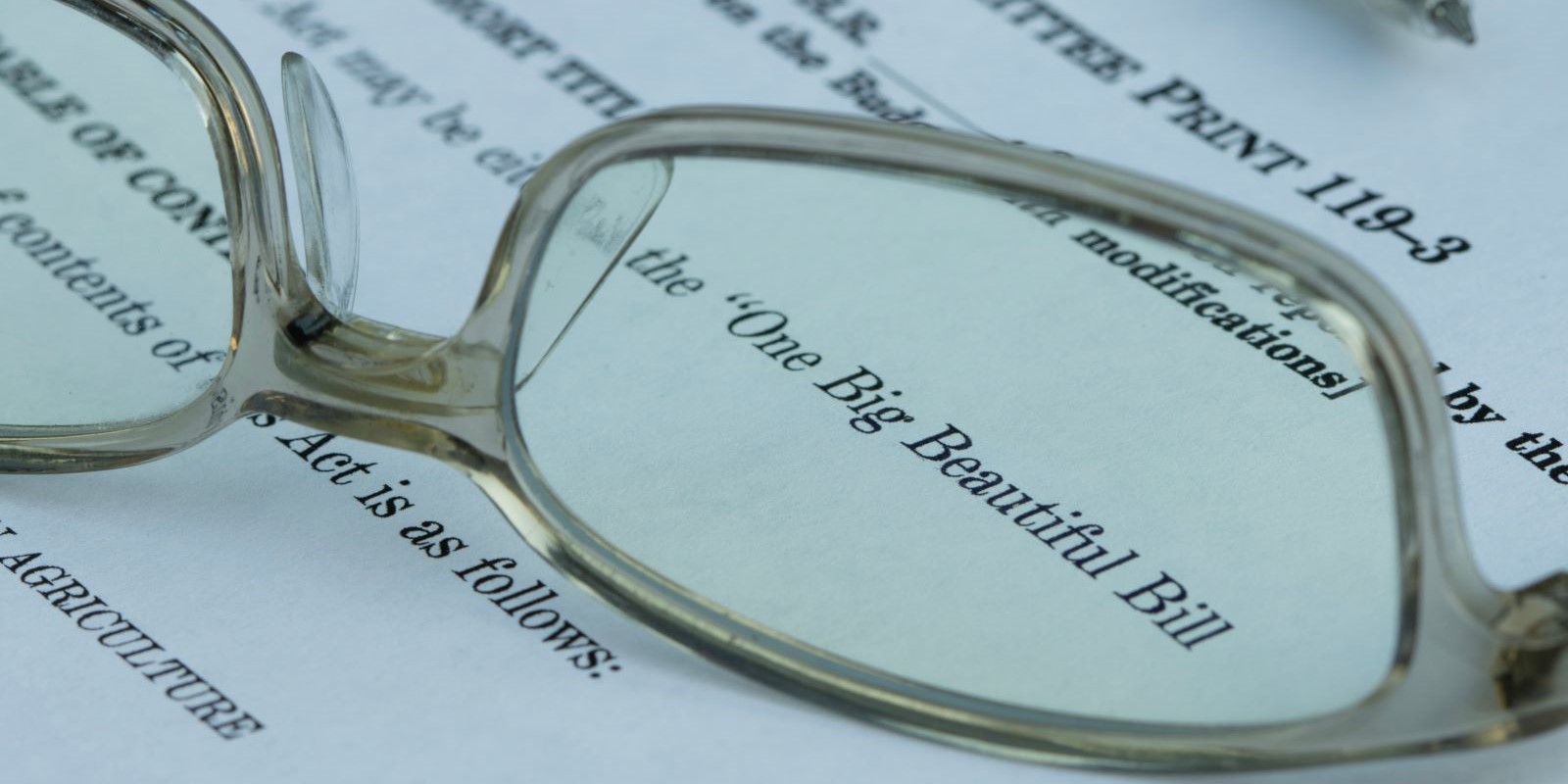How the One Big Beautiful Bill Act Impacts State and Local Taxes
Signed into law on July 4, 2025, H.R. 1, the One Big Beautiful Bill Act (OBBBA), overhauls the federal tax code and creates new ripple effects for state and local taxes (SALT). Below, we highlight key SALT impacts and how businesses can adapt.
Higher Deduction Cap—For Now
The SALT deduction cap increases from $10,000 to $40,000 per return starting in 2025. This new limit is indexed to grow by roughly 1% annually through 2029—but it’s set to revert to $10,000 in 2030 unless extended by Congress.
Limitations for High Earners
The enhanced SALT deduction begins to phase out for taxpayers with income above $500,000 (adjusted annually). However, all taxpayers can continue to deduct at least the baseline $10,000.
Pass-Through Entity Tax (PTET) Elections Preserved
The House Bill wasn’t going to allow specified service trades or businesses to deduct state income taxes, which would have made PTET elections (i.e., SALTCAP workarounds) moot. The OBBBA did not include this limitation. Thus, PTET elections remain a viable option for all pass-through entity businesses to continue bypassing SALT deduction limits by deducting taxes at the entity level.
Thirty-six states plus New York City currently have PTET elections. Four states were set to expire on December 31, 2025 but will likely be extended.
State Income Tax Impact
State Conformity Remains Uncertain
Federal tax law changes do not automatically apply at the state level. Approximately half of US states automatically conform to the federal tax code, while others must pass legislation to adopt changes. Most state legislative sessions concluded prior to July 4, 2025; currently, only 8 states are in session. Consequently, states may not enact relevant legislation either conforming or decoupling from federal legislation prior to March 15 or April 15, 2026.
Most states conformed to the Tax Cuts and Jobs Act (TCJA) provisions regarding the treatment of research and experimentation expenses and the business interest expense limitation, but some decoupled and created their own calculations. It is expected that states will continue this approach depending on their own budget constraints.
States have historically decoupled from 100% bonus depreciation and will likely continue to do so.
State Tax Planning Reminder
When making large investments in response to the business-friendly provisions in the OBBBA, companies should review state-level credits, incentives and sales tax exemptions to obtain added tax benefits.
Public Law 86-272 Unchanged
A proposed expansion of Public Law 86-272, which shields businesses from state income tax in certain circumstances, was not included in the final bill. However, P.L. 86-272 protection is still a viable option for companies and should be carefully applied.
Companies which are currently utilizing P.L. 86-272 protection should analyze their business activities to ensure they still qualify for the protection. Companies that have not historically utilized such protection should review their activities to determine if they qualify, and if refund claims for prior tax years is feasible.
Need a single source for all things OBBBA?
Explore our OBBBA Resource Hub for the latest analysis, guidance and tools to help your business stay ahead.
Our Speaker:
Brian Strahle, Partner, Frazier & Deeter Advisory, LLC
Explore related insights
-
Navigating the One Big Beautiful Bill Act: FD’s Insights & Analysis
Read more: Navigating the One Big Beautiful Bill Act: FD’s Insights & Analysis
-
Administration Releases Sweeping Report on Digital Asset Policy
Read more: Administration Releases Sweeping Report on Digital Asset Policy
-
Private Equity 360 | A Contrarian Approach to Real Estate Investing
Read more: Private Equity 360 | A Contrarian Approach to Real Estate Investing






